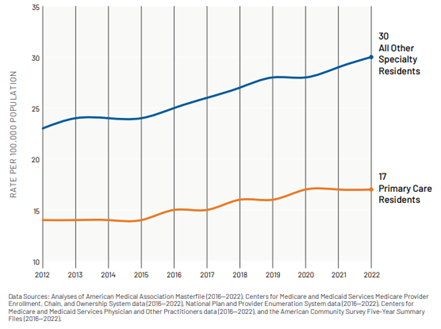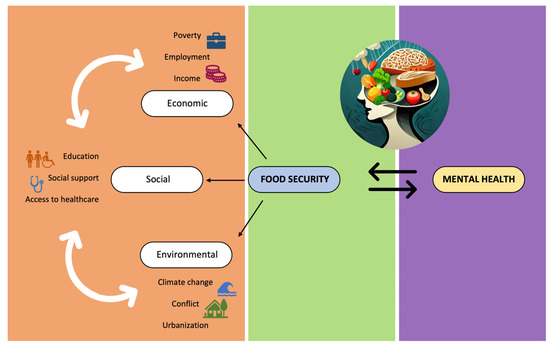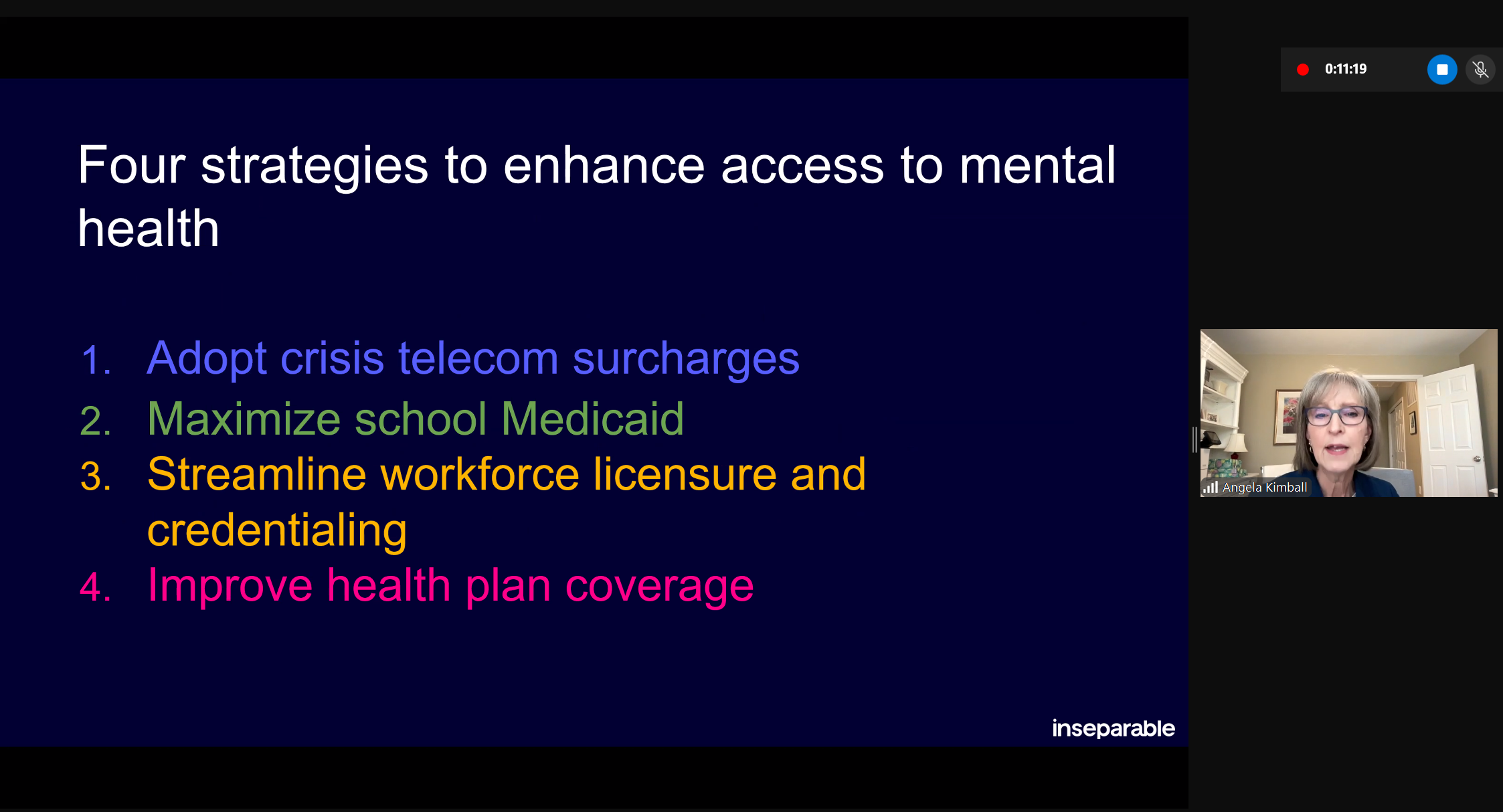Statement of David Quam, Deputy Director, National Governors Association before the House Subcommittee on Regulatory Reform, Commercial and Antitrust Law on H.R. 2992, the “Business Activity Tax Simplification Act of 2013”
February 26, 2014
Chairman Bachus, Ranking Member Johnson and members of the Subcommittee, I am pleased to appear before the subcommittee on behalf of the National Governors Association (NGA) to communicate governors’ strong opposition to H.R. 2992, the “Business Activity Tax Simplification Act of 2013.”
For governors, the core principle Congress should adhere to regarding state taxation is simple: decisions about state revenue systems and state taxation should be made by elected officials in the states, not the federal government.
Governors believe federal action should favor the preservation of state sovereignty when legislating or regulating activity in the states. This is particularly true when it comes to actions that affect the ability of states to manage their revenue systems. The independent ability of states to develop and manage these systems is a basic tenet of our federal system. Therefore, the federal government should avoid legislation and regulations that would serve to preempt or prohibit, either directly or indirectly, sources of state revenues or state taxation methods that are otherwise constitutional.
Governors oppose H.R. 2992:
H.R. 2992, the “Business Activity Tax Simplification Act of 2013,” like its predecessors in earlier Congresses, represents an unwarranted federal intrusion into state affairs that would allow companies to: avoid and evade state business activity taxes (BAT); increase the tax burden on small businesses and individuals; alter established constitutional standards for state taxation; and cost states billions in existing revenue.
H.R. 2992 violates core principles of federalism:
Governors oppose H.R. 2992 because it represents an unnecessary intrusion into the states’ authority to govern.
U.S. courts have long recognized the authority of a state to structure its own tax system as a core element of state sovereignty. H.R. 2992 would interfere with this basic principle by altering the constitutional standard that governs when states may tax companies conducting business within their borders. Specifically, the bill would mandate the use of a physical presence standard for determining whether an entity can be taxed. This differs from economic presence, such as the “doing business” or “earning income” standards used by most states. As discussed below, this change would shrink state tax bases by relieving out-of-state businesses of BAT liability while allowing larger in-state companies to circumvent tax laws by legalizing questionable tax avoidance schemes. These outcomes would effectively constitute a federal corporate tax cut using state tax dollars – a decision that, fundamentally, should be left to state elected officials.
H.R. 2992 would encourage tax evasion and avoidance:
H.R. 2992 promotes avoidance of state taxation. At a time when the federal government is closing loopholes in the federal tax code, H.R. 2992 would subvert state tax systems by creating opportunities for companies to structure corporate affiliates and transactions to avoid paying state taxes.
The bill’s physical presence standard would significantly raise the threshold for business income taxation in most states and, according to a report by the Congressional Research Service (CRS) on similar legislation, lead to more “nowhere income.” In fact, CRS noted that legislative exceptions to the supposed physical presence standard, including its massive expansion of P.L. 86-272 to services, “would… expand the opportunities for tax planning and thus tax avoidance and possible evasion.”
If enacted, the physical presence nexus standard of H.R. 2992 would federally codify such tax practices and grant corporations with the means to restructure their businesses with a federal permission slip to aggressively avoid state taxation. Just last year the Senate Homeland Security and Government Affairs Committee examined the lengths to which corporations will go avoid taxation. Although the focus was on international taxation, the tax planning of companies like Apple, Google and Cisco are emblematic of the tax practices that could be employed by companies to avoid state taxation under a physical presence nexus standard. (“Google Joins Apple Avoiding Taxes With Stateless Income,” Bloomberg, May 22, 2013.) A common thread among the strategies was the formation of entities in jurisdictions that do not tax certain activity, followed by a shift of income or property to the entity to avoid taxation.
H.R. 2992 would harm locally-owned and small businesses:
H.R. 2992 would favor large, multi-state corporations to the detriment of small businesses and individual taxpayers. By raising the jurisdictional standard for taxation, H.R. 2992 would effectively limit a state’s business activity tax base to in-state companies. Out-of-state vendors could therefore compete for customers against in-state businesses with the potential advantage of inequitable tax responsibilities.
At the same time, larger in-state companies with the size and means to hire professionals specializing in tax avoidance could minimize or eliminate their state business tax liability even though they are present in the state. This ability to be physically present yet avoid state taxation places a disproportionate tax burden on smaller, in-state businesses and individual taxpayers. Companies willing to compete for customers and earn revenue in a state should share the responsibility of paying for state services that benefit all businesses.
H.R. 2992 would alter established constitutional standards:
H.R. 2992 would alter the existing constitutional standard for taxation of business activity. As noted in previous testimony by Bruce Johnson, commissioner for the Utah State Tax Commission:
“BATSA is often described as “codifying the current physical presence standard” for state tax jurisdiction. Despite the many statements to the contrary, the physical presence test has never been the standard for imposing business activity taxes on corporations. The U.S. Supreme Court has never held that a physical presence is required to meet “substantial nexus” requirement for the imposition of a state business activity tax. Instead, the Court has focused on requirements that the tax not discriminate, that income derived from the state be fairly apportioned, and that the method used reflect the benefits derived from the state. In the only case, the 1992 Quill case, where the Supreme Court has used a physical presence test, the Court did so in order to be able to require the collection of state sales taxes from in-state customers by out-of-state sellers. In Quill, the Court specifically said it was not establishing such a requirement for other taxes. The BATSA legislation would, for the first time, prohibit a state from imposing a business activity tax on a company doing business in the state unless the company has specifically enumerated types of physical presence in the state.
Further, since Quill, the vast majority of state appellate courts that have addressed the question of whether the physical-presence requirement of Quill applies outside of the context of sales and use taxes have ruled that it does not. Those court decisions include: Geoffrey, Inc. v. South Carolina Tax Commission, 437 S.E.2d 13 (S.C. 1993), cert. denied, 114 S.Ct. 550 (1993); Comptroller of the Treasury v. SYL, Inc., and Comptroller of the Treasury v. Crown Cork & Seal Co. (Delaware), Inc., 825 A.2d 399 (Md. 2003), cert. denied, 124 S.Ct. 961 (2003); A&F Trademark, et al. v. Tolson, 605 S.E.2d 187 (N.C. Ct. App. 2004), review denied (N.C., 2005), cert. denied, 126 S.Ct. 353 (2005); General Motors Corp. v. City of Seattle, 25 P.3d 1022 (Wash. Ct. App. 2001), cert. denied, 122 S.Ct. 1915 (2002); Kmart Properties, Inc. v. Taxation and Revenue Dept., No. 21,140 (N.M. Ct. App. 2001), cert. quashed (N.M., 12/29/05); Lanco, Inc. v. Director, Division of Taxation, 908 A.2d 176 (N.J. 2006), cert. denied, 127 S.Ct. 2974 (U.S., 6/18/07) ; Geoffrey, Inc. v. Oklahoma Tax Commission, 132 P.3d 632 (Okla. Ct. Civ. App., 12/23/05), review denied (Okla., 3/20/06); Borden Chemicals and Plastics, L.P. v. Zehnder, 726 N.E.2d 73 (Ill. App. Ct. 2000), appeal denied, 731 N.E.2d 762 (Ill. 2000); Commissioner v. MBNA America Bank, N.A., 640 S.E.2d 226 (W.V. 2006), cert. denied, FIA Card Services, N.A. v. Tax Commissioner of West Virginia, 127 S.Ct. 2997 (U.S., 6/18/07); KFC Corp. v. Iowa Dept of Revenue, 792 N.W.2d 308 (Iowa 2010) Lamtec Corporation v. Dept of Revenue of the State of Washington, __ P.3d __, 2011 WL 206167 (Wash. 2011). These decisions indicate that the vast weight of the case law, from both the U.S. Supreme Court and state appellate courts, is that the physical-presence requirement of Quill does not apply outside of the context of sales and use taxes.”
By mandating a physical presence standard for establishing nexus, H.R. 2992 would fundamentally rewrite the well-established constitutional standard for business activity taxes and call into question state business activity tax systems in every state.
H.R. 2992 would undermine state revenues:
H.R. 2992 represents a huge unfunded mandate that will result in the loss of billions of dollars for states. In 2011, the Congressional Budget Office estimated that identical legislation would cost states – in the form of forgone revenues – “about $2 billion in the first full year after enactment and at least that amount in subsequent years. “ (Congressional Budget Office Cost Estimate, “H.R. 1439, Business Activity Tax Simplification Act of 2011,” September 13, 2011)
This shift in revenue, while beneficial to businesses able to take advantage of the new standards, is harmful to states. Unlike the federal government, states are required to balance their budgets. Consequently, when federal action causes states to lose revenues, states must act to replace lost funds by either increasing taxes or cutting programs. The economic effects of such actions are pro-cyclical in that they can slow recovery as states are emerging from recession.
Conclusion:
States have demonstrated that they are willing to address state tax issues on a national basis. Through projects such as the Streamlined Sales and Use Tax Agreement, states have come together with the business community to fashion workable solutions that address both private and public sector interests.
Unfortunately, in the context of business activity taxes, proponents of bills like H.R. 2992 have shown little willingness to work with states to either properly define the problem or discuss solutions that balance the goals of certainty and consistency with state authority and revenue requirements.
As a result, NGA will continue to oppose legislation like H.R. 2992 and call upon Congress to reject legislation that interferes with state business activity tax systems.












